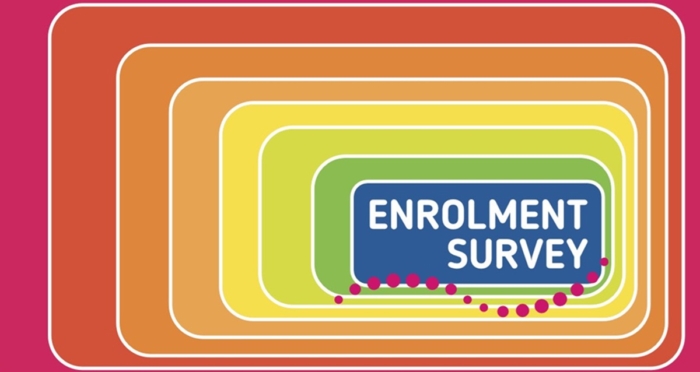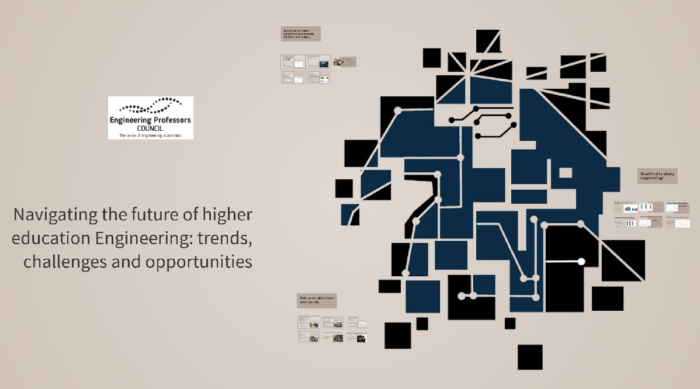Every autumn, the EPC conducts a survey of our member universities to determine an indicative snapshot of engineering undergraduate and postgraduate enrolments across the sector. We are grateful to our members who complete the survey for the benefit of us all. The collective results are published in presentation and blog format, and typically in a live launch, and give us all a first glance at engineering enrolments long before official data becomes available. See the latest insights here.
With the unprecedented world events and UK policy context of recent years, this insight has been more important than ever. The delayed publication of sector enrolments data from HESA means we won’t see official enrolments data for the 2022 intake until April 2024 at the earliest (that is a lag of 18 months or more). And the delay of Data Futures means an uncertain timeline for enrolments data well into the future. The EPC enrolments dataset we provide is both timely and exclusive, and is presented in easily accessible, manipulable and sharable format in our amazing members-only Data explorer.
You have told us that that the data is used in many ways, from enabling individual members and departments to understand their experience relative to the sector, to evidence-based decision making on new courses to offer.
However, our survey has limitations. Firstly, it’s a survey, not a collection in the HESA sense; our members opt into providing the data so it’s not the complete picture and may not be representative, with the respondents varying slightly year on year. Especially in years like this when there are fewer responses, it will inevitably suffer from being skewed, and will potentially less accurate some years than others. There are no coding manuals, extensive definition frameworks, or data validation stages; leaving room for error or ambiguity in the data provided. The analysis is anonymised to protect member confidentiality, and this can lead to suppression, rounding or aggregation of outputs, and a consequential loss of detail. As with any data it raises the awareness of what we don’t have, such as more regional breakdowns or looking at foundation year entry etc, but anonymity and response rate are a challenge here.
With UCAS data becoming more open and timelier over the years, some of these challenges could be addressed by deferring to UCAS end of cycle datasets (now usually available in December) – at least for undergraduate admissions. While not the same as enrolments, we can glean the bigger picture trends using a more complete set of data and by many more variables than we can reliably collect, or our members can provide without excessive burden. In fact, we do make UCAS data available in our Data explorer and this will be updated for 2023 entry in the coming weeks. None-the-less, this leaves us without any insight into postgraduate enrolment for 18 months; a gap which the EPC has always sought to address.
Responding to EPC concerns around a unusually low response rate this year, a snap poll of attendees at an online EPC enrolments survey data dive workshop in January confirmed that circa 75% of attendees wanted the survey to continue (with slightly more support for the postgraduate collection). Some didn’t commit one way or the other, and those who felt that it was time to pause the survey reflected some of the limitations above.
We would really welcome your views on the future of the EPC enrolments survey and its utility value to you and your colleagues. Please can you spend just a few minutes to answer a handful of questions to inform our planning for the 2024 exercise.




